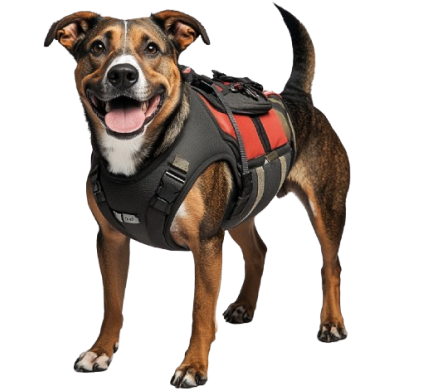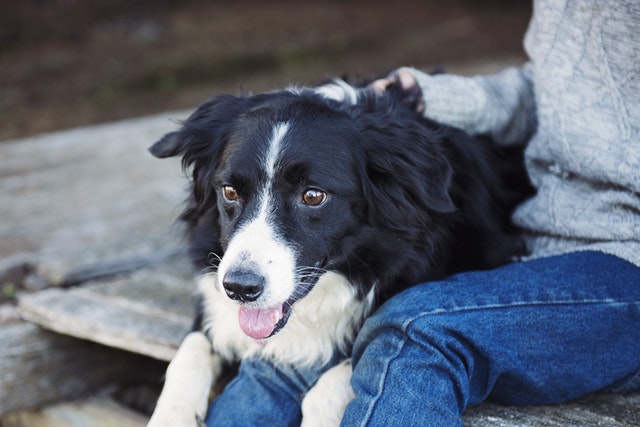All Our Articles on Service Dog

Can I Leave My Service Dog at Home?
Service Dogs work to provide assistance to their owners both inside and outside the house. Many handlers like to keep them close by in case... Read more
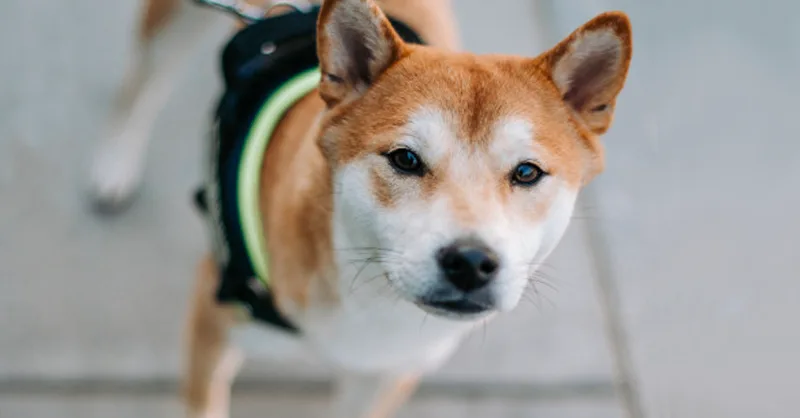
How to Get a Psychiatric Service Dog (PSD)
A Psychiatric Service Dog (PSD) is a Service Animal specifically trained to support individuals diagnosed with a mental illness. A well-trained PSD is able to... Read more

What Are The Best Service Dog Breeds For Seniors?
Many seniors find Service Dogs helpful in maintaining their independence while dealing with mobility challenges. Fortunately, Service Dogs are able to travel with their owners... Read more
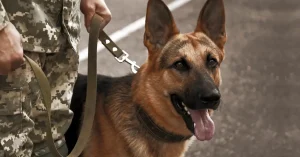
Steps for Veterans to Get a Service Dog
The transition back to civilian life can hit hard. Physical injuries, PTSD, anxiety, depression — these aren't just medical terms for many veterans; they're daily... Read more
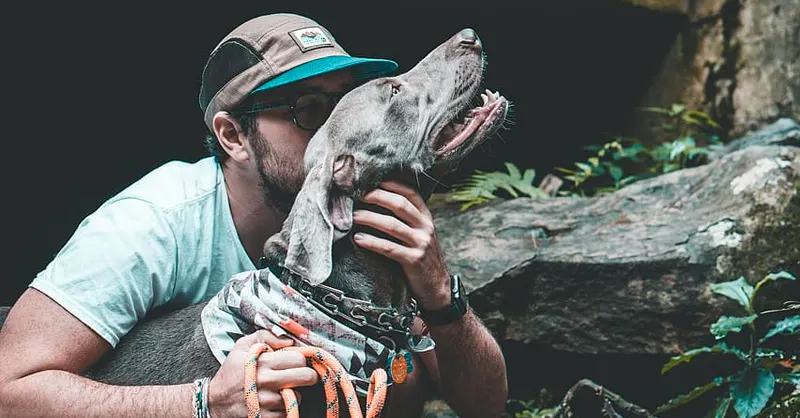
Disabilities that Qualify You for a Service Dog
To get a service dog, you must have an eligible physical, emotional, or mental health disability. The term “disability” has a specific meaning under the... Read more
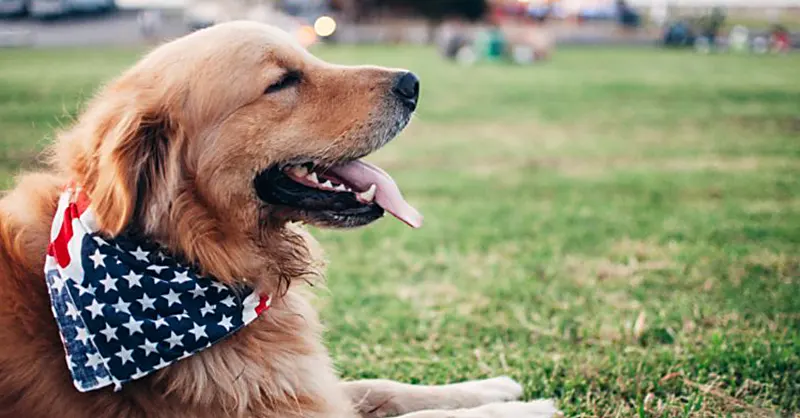
How to Register a Dog as a Service Dog in Texas
Service dogs provide disabled individuals the assistance they need to help them lead full and independent lives. Many tasks that non-disabled and neurotypical individuals take... Read more
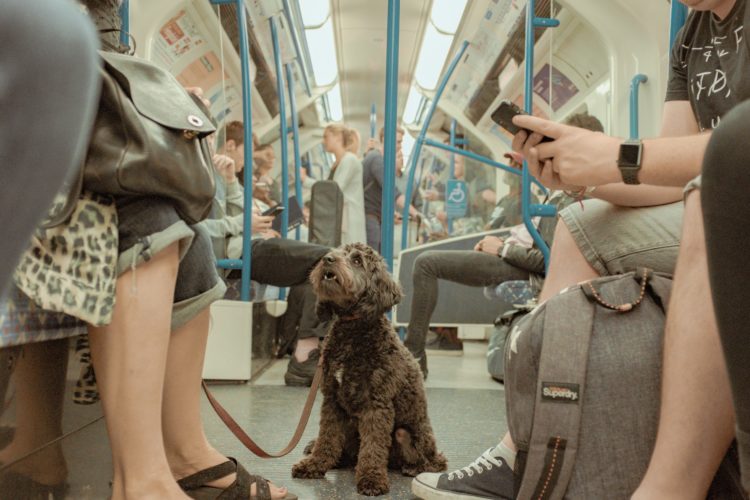
Do I Qualify for a Service Dog or an ESA?
For those wondering what disabilities qualify for individual assistance animals, it can be hard to determine which kind would offer the best in terms of... Read more

Service Dogs for PTSD
Service dogs for mental health, known as psychiatric service dogs (PSD), can help certain people with post-traumatic stress disorder (PTSD). A PTSD service dog can... Read more

What are Diabetic Service Dogs?
Alert dogs are best known for guiding the visually impaired, sniffing out drugs and bombs, or providing mobility assistance for people with severe disabilities. Diabetic... Read more




